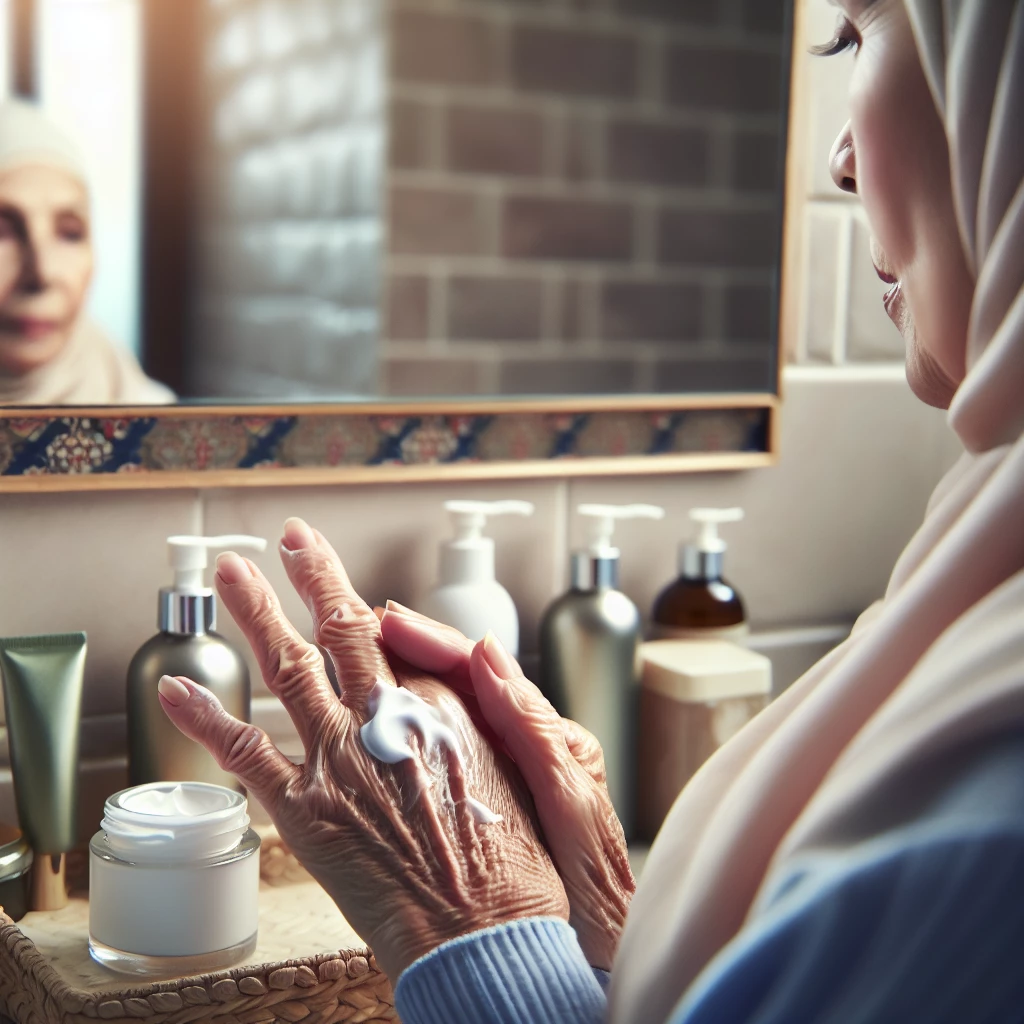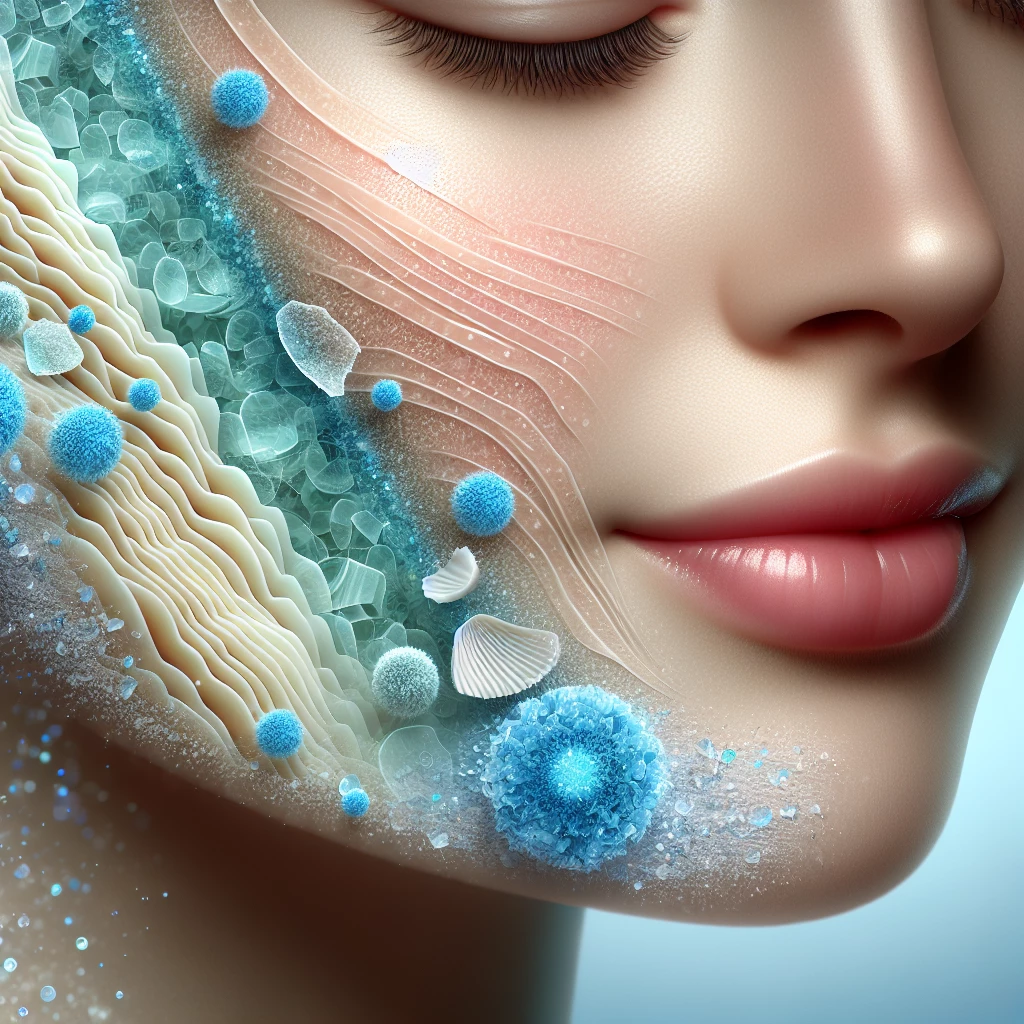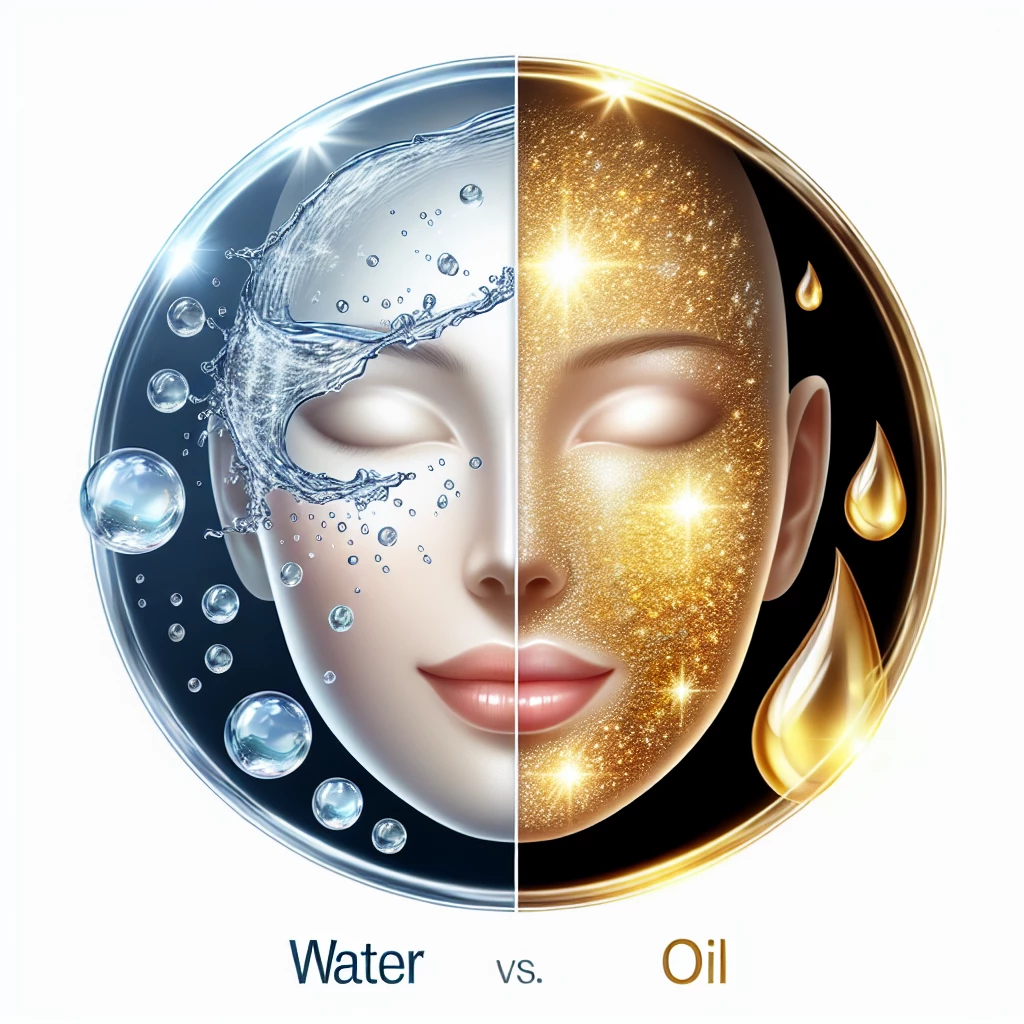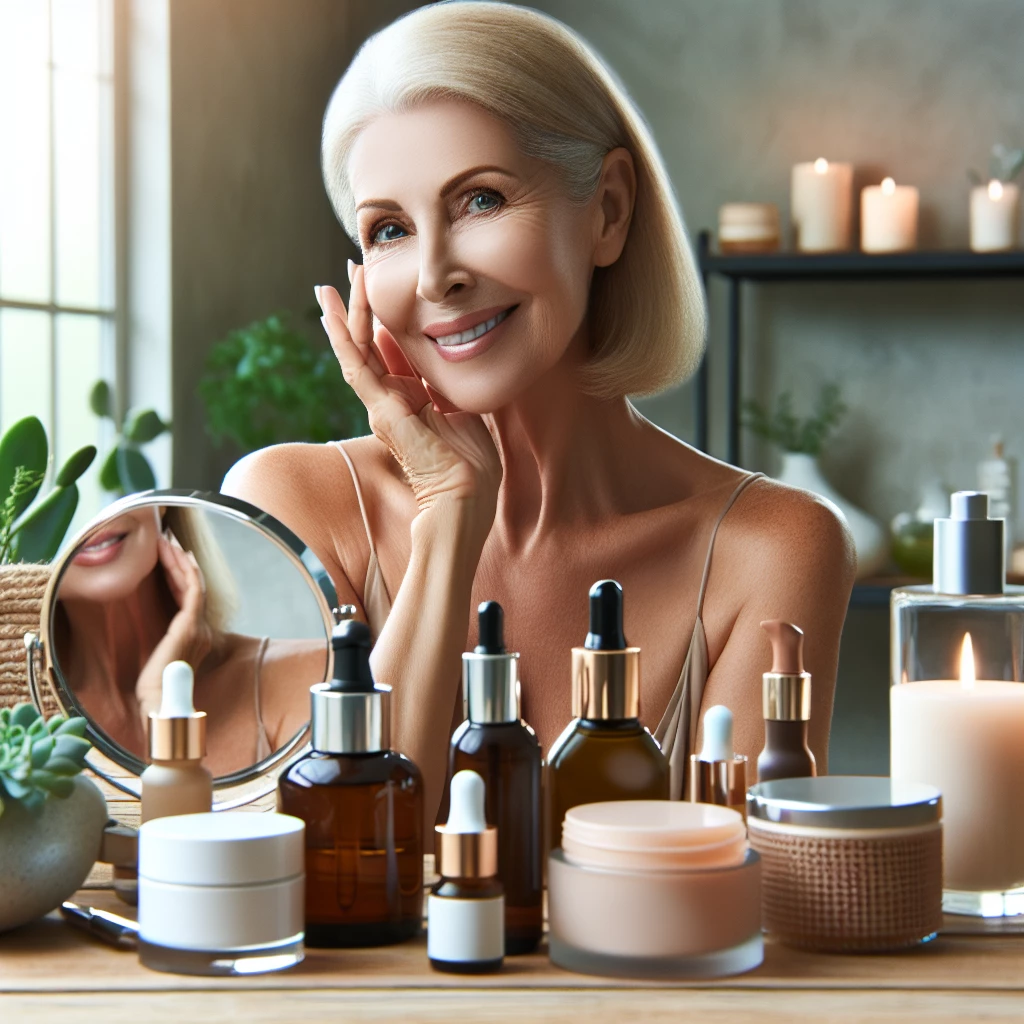As our skin undergoes the natural aging process, it becomes increasingly vital to have a skin care regimen tailored to its evolving needs. With age, the skin tends to lose its elasticity, and fine lines, wrinkles, and age spots become more visible. However, through proper care and effective strategies at home, you can maintain your skin's health and slow down the aging process. In this post, we aim to provide a comprehensive guide on how to care for aging skin.
Understand the Changes
As we age, changes in our skin are inevitable. It becomes thinner, loses fat, and no longer looks as plump and smooth as it once did. The most profound changes in our skin occur due to a decrease in the natural oils. This loss of natural oils makes our skin appear loose, dull, and wrinkled.
Your skin can also become drier, which can lead to an itchy sensation. Furthermore, the fatty tissues just beneath the skin decrease, leading to bruises and bumps. Understanding these changes can help you better anticipate how to care for your skin.
Lastly, age spots and skin tags are more common as we age. Although these can be bothersely visible, they are harmless. However, always ensure to consult with a dermatologist if you notice any significant changes in your skin.
Incorporate a Balanced Diet
The food you eat is essential in maintaining the health of your skin. A balanced diet can help to nourish your skin from the inside out. Consume plenty of fruits and vegetables, lean proteins, and healthy fats. Foods rich in antioxidants can protect your skin from damage.
The key is to seek balance in your diet. Too much of any food can cause skin to become oily, dry, or prone to acne. It's always best to consult with a nutritionist for a customized diet plan that suits your age, skin type, and lifestyle.
Also, it's crucial to stay hydrated. Water helps remove toxins from your body that can cause inflammation and blemishes on your skin. Try to consume at least eight glasses of water per day.
Develop a Daily Skin Care Routine
Developing a daily skincare routine is important for aging skin. Applying sunscreen every morning, regardless of whether the sun is shining or not, can protect your skin from harmful UV rays. Regular use of moisturizers can help rehydrate the skin which tends to dry out as we age.
Exfoliate your skin at least once a week to get rid of dead skin cells which can make your skin look dull. Apply a face mask tailored for dry skin every so often to replenish the lost moisture and nutrients. Remember not to skip on your night cream before bed to boost your skin's renewal process during sleep.
Invest in skin care products that contain retinoids, vitamin C, and peptides. These ingredients can increase collagen production, brighten your skin tone, and minimize fine lines.
Aging is a natural process that everyone goes through, and it's not something we can control. However, what we can control is how we care for our aging skin. By understanding the changes in your skin, incorporating balanced diet, and developing a skin care routine tailored for aging skin, you can ensure that your skin remains healthy, glowing, and vibrant. Remember, true beauty comes from caring for yourself inside and out.

Age Gracefully: Mature Skin Care
Delve into the changes that come with aging skin and the best practices to ensure its health and vitality.

Vitamins for Victory: Skin Nutrients
Discover the key vitamins that contribute to skin health and the best ways to incorporate them into your skincare routine.

Exfoliation 101: Clearing the Surface
Dive into the process of exfoliation, uncovering its benefits and learning how to properly exfoliate for brighter, smoother skin.

Skin Hydration: Water vs. Oil
Get insight into the importance of hydration in skincare routines and understand the difference between water-based and oil-based products.
